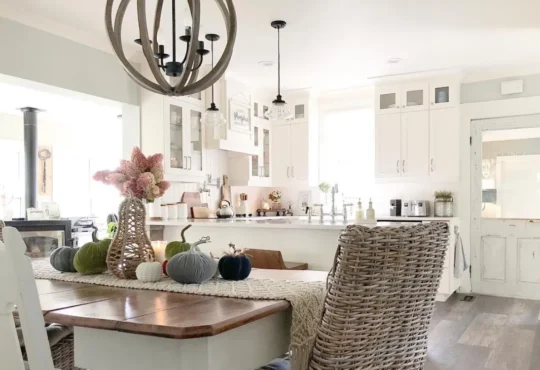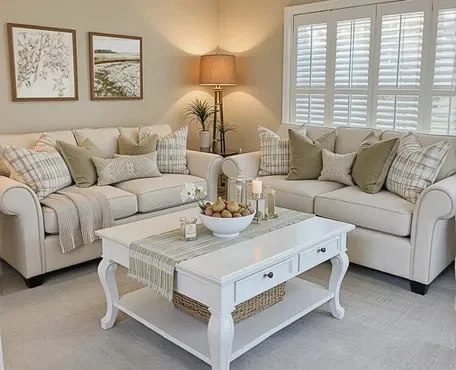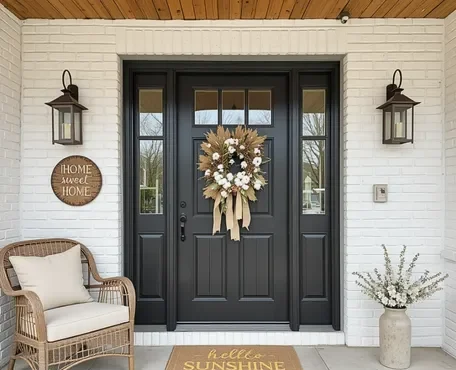
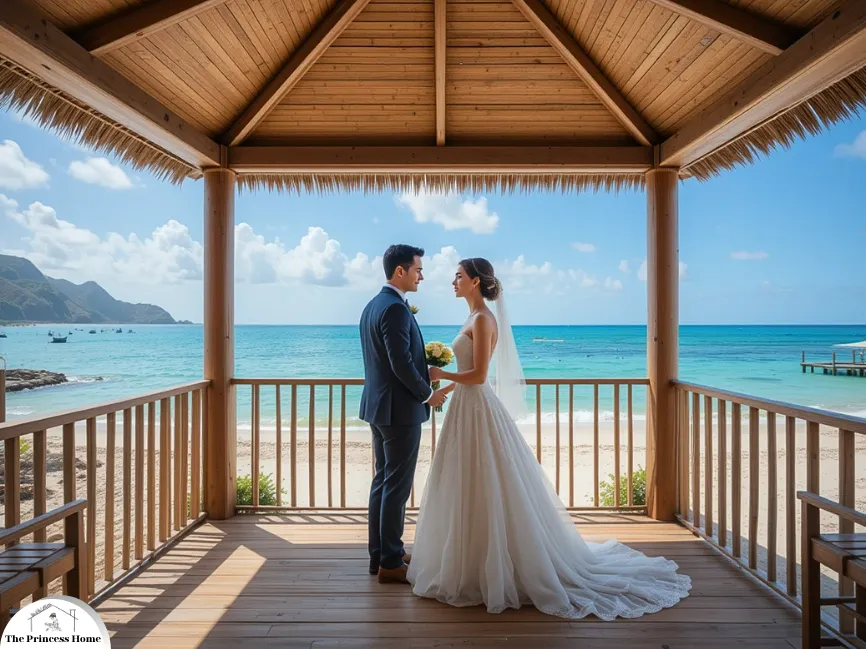
Wedding Budget: Top Pro Tips for Saving Without Sacrificing Style
A wedding is a significant milestone in one’s life, symbolizing the union of two individuals and their commitment to a shared future. While the dream of a lavish wedding is common, it’s essential to approach wedding planning with a realistic budget in mind. Creating a memorable wedding that reflects your personalities and values doesn’t have to break the bank.
This essay delves into the various aspects of wedding budget planning, offering practical tips to help you achieve your dream wedding without compromising financial stability.

1.Setting a Realistic Budget
The first step in planning any wedding is to establish a budget that aligns with your financial situation and priorities. It’s crucial to have an open and honest discussion about your budget with your partner, families, and any contributors. Consider factors such as savings, contributions from family, and any personal loans that might be necessary.

2.Allocating Funds Effectively
Dividing your budget among various wedding elements is a crucial task. Start by prioritizing the aspects that matter most to you as a couple. Common categories include venue, catering, attire, decorations, photography, entertainment, and transportation. Research average costs in your area to allocate funds accordingly, keeping some buffer for unexpected expenses.

3.Venue Selection
The choice of venue significantly impacts your budget. Consider options like parks, community centers, or even your backyard, as they can be more affordable than traditional event spaces. Booking during the off-season or on weekdays can also lead to cost savings. Negotiating with venues to include essential services like catering or decorations in their packages can further stretch your budget.

4.Guest List Management
Trimming the guest list is a powerful way to control costs. While it might be challenging, inviting only close friends and family ensures a more intimate celebration. Be diplomatic when addressing this, as feelings can easily get hurt. An effective way to include more distant acquaintances is to host a post-wedding gathering or share photographs and videos.

5.Catering Wisely
Food and beverages often constitute a substantial portion of the budget. Opt for creative catering options like food trucks, buffets, or family-style meals, which can be more cost-effective than plated dinners. Avoid unnecessary extras like elaborate cocktail hours and opt for signature drinks instead of an open bar.
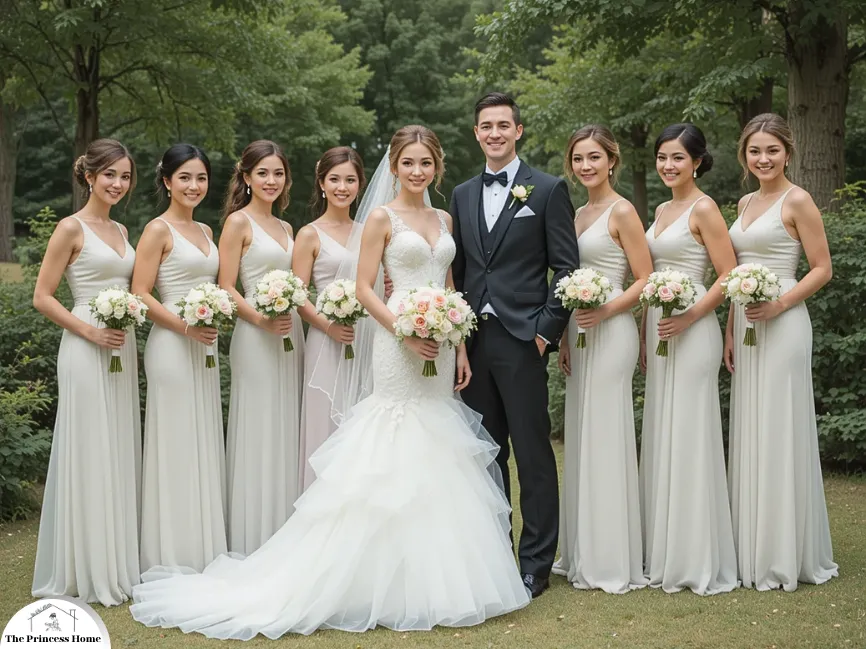
6.Attire and Beauty
Bridal attire and groom’s wear can be expensive. Consider shopping during sales or at consignment stores for budget-friendly yet beautiful options. Bridesmaids’ and groomsmen’s outfits can also be chosen with cost in mind, giving them flexibility in choosing styles within a set color palette.
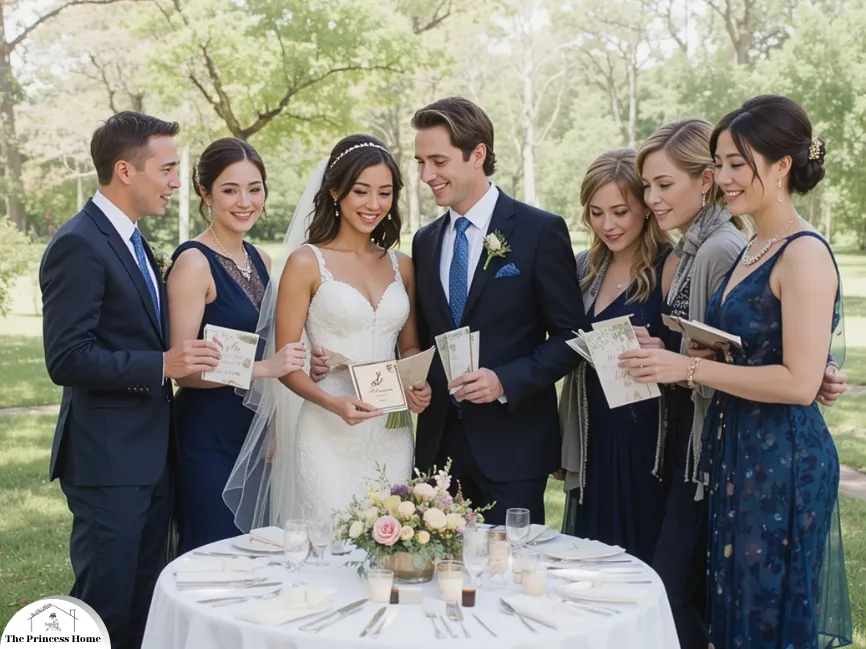
7.DIY &Personal Touches
Injecting your personalities into the wedding through DIY projects can be not only cost-effective but also deeply meaningful. Create your own centerpieces, invitations, and party favors. Enlist the help of friends and family to assist in crafting these elements, turning the preparation into a memorable bonding experience.

8.Photography &Entertainment
Capturing your special day through photographs is essential, but hiring a professional photographer doesn’t have to break the bank. Research local photographers, review their portfolios, and negotiate packages that fit your budget. For entertainment, consider live bands from local music schools or even talented friends who can offer their services at a reduced cost.
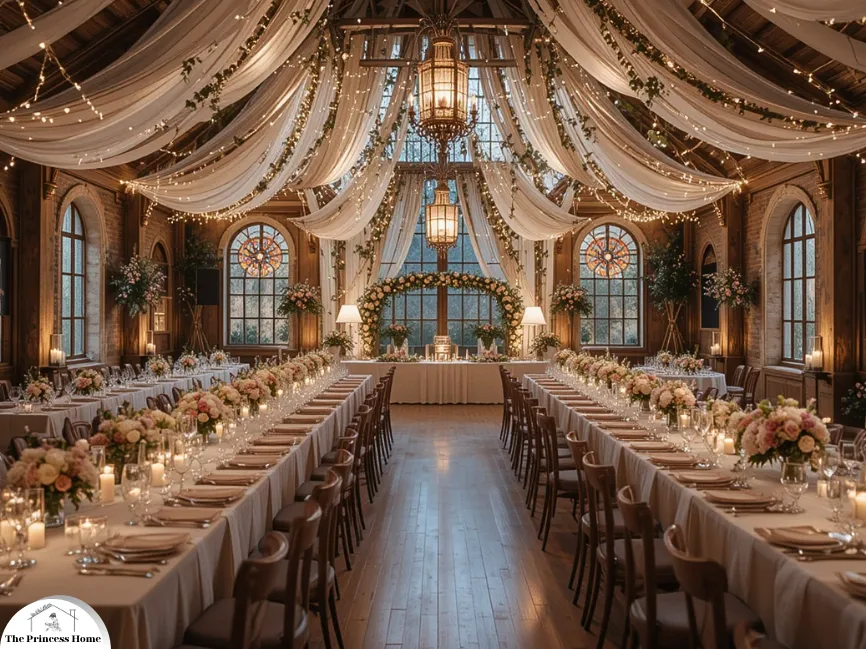
9.Decorations and Themes
Transforming your chosen venue into a captivating space can be achieved through strategic decorations and themes. Opt for decorations that are not only visually appealing but also cost-effective. Utilize candles, string lights, and locally sourced flowers for an elegant yet affordable ambiance. Choose a theme that resonates with your shared interests or journey as a couple, which can guide your decoration choices and make the event more personal.

10.Invitations and Stationery
In the digital age, there are numerous creative ways to save on wedding stationery costs. Consider sending electronic save-the-dates and invitations, which are not only environmentally friendly but also budget-conscious. If you prefer traditional invitations, explore cost-effective printing options and designs that align with your wedding theme. Remember, the focus should be on conveying the necessary information and capturing the essence of the celebration.
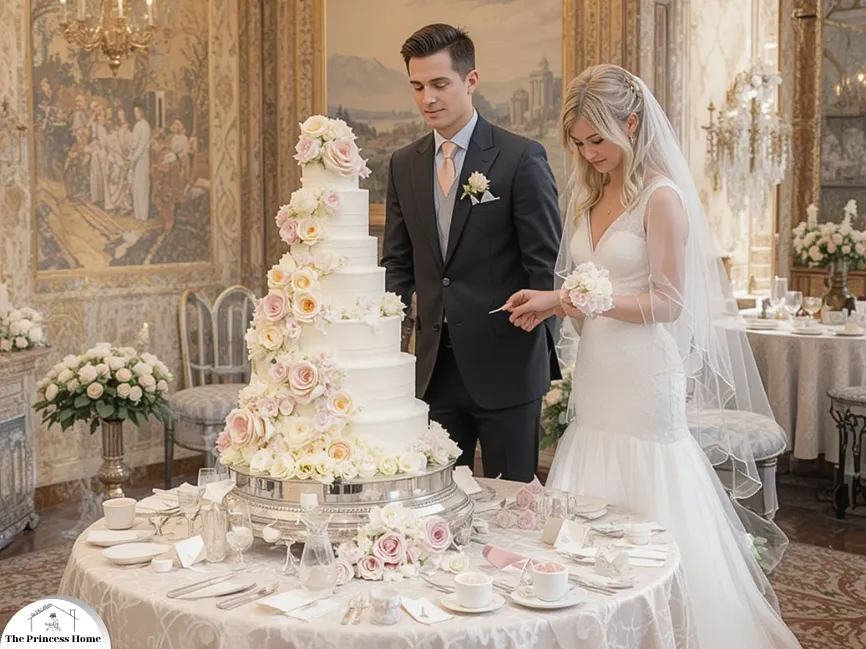
11.Wedding Cake
While elaborate multi-tiered cakes are a popular choice, they can also be costly. Opt for a smaller but beautifully designed cake for display and cutting, and supplement it with a larger sheet cake that’s served to guests. This approach maintains the visual impact while keeping costs in check. Alternatively, consider non-traditional dessert options like a dessert buffet or cupcakes.
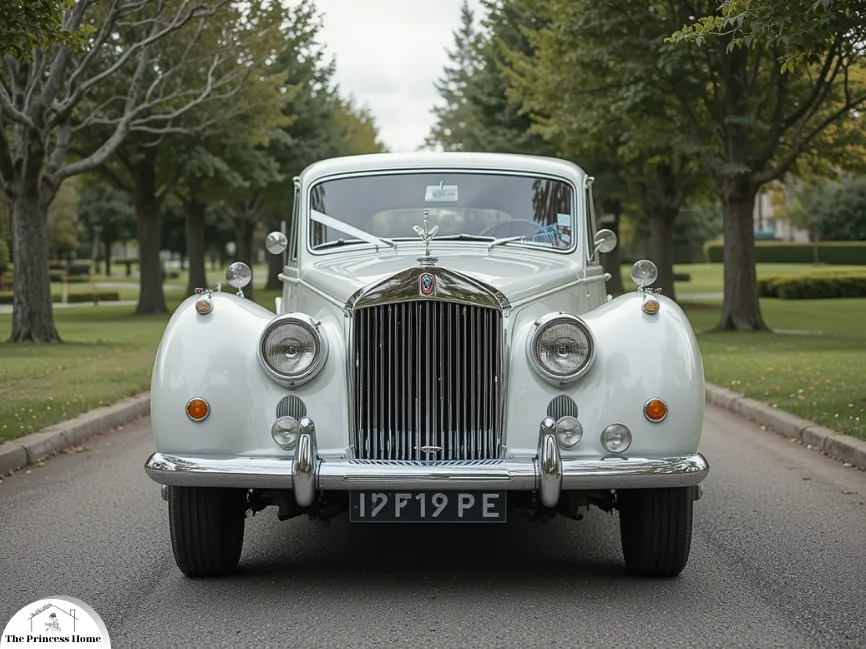
12.Transportation
Transportation for the couple and the wedding party is often overlooked but can add up quickly. Instead of hiring separate vehicles, consider using your own cars or borrowing from friends and family. If the ceremony and reception are in the same location, eliminate the need for transportation altogether. If you’re set on a classic car or specialty vehicle, explore rental options well in advance to secure the best deal.
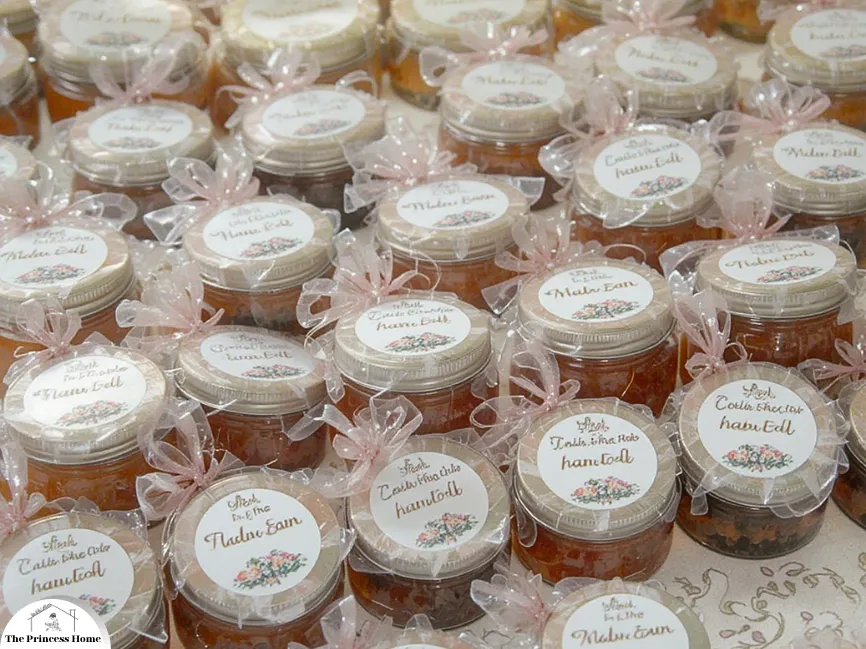
13.Gifts and Favors
Expressing gratitude to your guests for sharing in your special day is important, but extravagant gifts or favors aren’t necessary. Personalized and DIY favors, like small jars of local honey or homemade jams, can be both meaningful and budget-friendly. Alternatively, consider making a charitable donation in your guests’ names, reflecting your values and contributing positively to the community.

14.Vendor Negotiations
When working with various vendors, don’t hesitate to negotiate. Many vendors are willing to customize packages based on your budget and needs. Approach negotiations respectfully and openly, and be willing to compromise on certain aspects if necessary. Building a positive working relationship with your vendors can lead to cost savings and a smoother planning process overall.

15.Honeymoon Planning
While not a direct part of the wedding budget, honeymoon planning is a crucial consideration. Look for honeymoon deals, travel packages, and destinations that align with your budget. Consider delaying the honeymoon slightly to allow for more time to save after the wedding expenses have been incurred. Keep in mind that the honeymoon is an opportunity to unwind after the wedding, so finding a balance between affordability and relaxation is key.
Conclusion:
Planning a wedding on a budget requires careful thought, creativity, and a willingness to make informed decisions. By approaching each aspect of the wedding with a focus on cost-effectiveness, personalization, and efficient allocation of resources, you can create a memorable celebration that reflects your unique love story. Remember that a meaningful wedding is not measured by its extravagance but by the genuine moments and emotions shared among loved ones on this special day.
Here are some frequently asked questions related to planning a wedding budget:
Q1: How do I determine a realistic wedding budget?
A1: Start by evaluating your current financial situation, including savings and any contributions from family. Be honest about what you can comfortably afford without straining your finances. Research the average costs of wedding elements in your area to set a budget that aligns with your priorities.
Q2: How can I cut down on catering expenses without compromising quality?
A2: Consider alternative catering options such as food trucks, buffets, or family-style meals. Limit the number of courses and opt for seasonal, locally sourced ingredients. Consider signature drinks instead of an open bar and focus on providing a satisfying dining experience rather than extravagant dishes.
Q3: What are some creative ways to save on wedding attire?
A3: Look for bridal sales, sample sales, and second-hand shops for wedding attire. Consider renting suits and tuxedos for the groom and groomsmen. Bridesmaids can wear mix-and-match dresses within a set color palette, allowing them to choose styles that suit their preferences.
Q4: How can I make the wedding decorations unique without overspending?
A4: Embrace a DIY approach by creating your own centerpieces, table settings, and decorative elements. Utilize affordable materials like candles, string lights, and locally grown flowers. Choose a theme that resonates with you as a couple, which can guide your decoration choices and make them more personal.
Q5: Is it appropriate to negotiate with wedding vendors?
A5: Yes, negotiating with vendors is a common practice. Many vendors are open to customizing packages to fit your budget. Approach negotiations respectfully, provide clear expectations, and be open to compromise. Building a good working relationship can lead to cost savings and added value.
Q6: How can I include all the important guests without exceeding my budget?
A6: Creating a guest list can be challenging, but it’s essential to prioritize close friends and family. If you want to include more distant acquaintances, consider hosting a post-wedding gathering or sharing photographs and videos. Being selective about the guest list can help manage costs while maintaining an intimate atmosphere.
Q7: What’s the best way to handle unexpected wedding expenses?
A7: It’s wise to allocate a portion of your budget as a contingency fund for unexpected expenses. This fund can cover last-minute changes, unexpected fees, or emergencies. Having this buffer will help you avoid financial stress if unforeseen costs arise.
Q8: How can I personalize my wedding on a budget?
A8: Infuse your personalities into the wedding through DIY projects, personalized vows, and unique touches that reflect your relationship. Consider incorporating shared interests, hobbies, or your love story into the ceremony and reception. Personalization doesn’t have to be expensive; it’s about creating meaningful moments.
Q9: Can I still have a beautiful wedding if I’m on a tight budget?
A9: Absolutely! A beautiful and memorable wedding isn’t dependent on extravagant spending. By prioritizing what matters most to you, making strategic choices, and focusing on personal touches, you can create a meaningful celebration that reflects your love story without compromising your financial stability.
Q10: How far in advance should I start planning my wedding budget?
A10: Ideally, start planning your wedding budget as soon as you get engaged. This will give you ample time to research options, negotiate with vendors, and make informed decisions. Early planning also allows you to take advantage of discounts and secure your preferred vendors.


